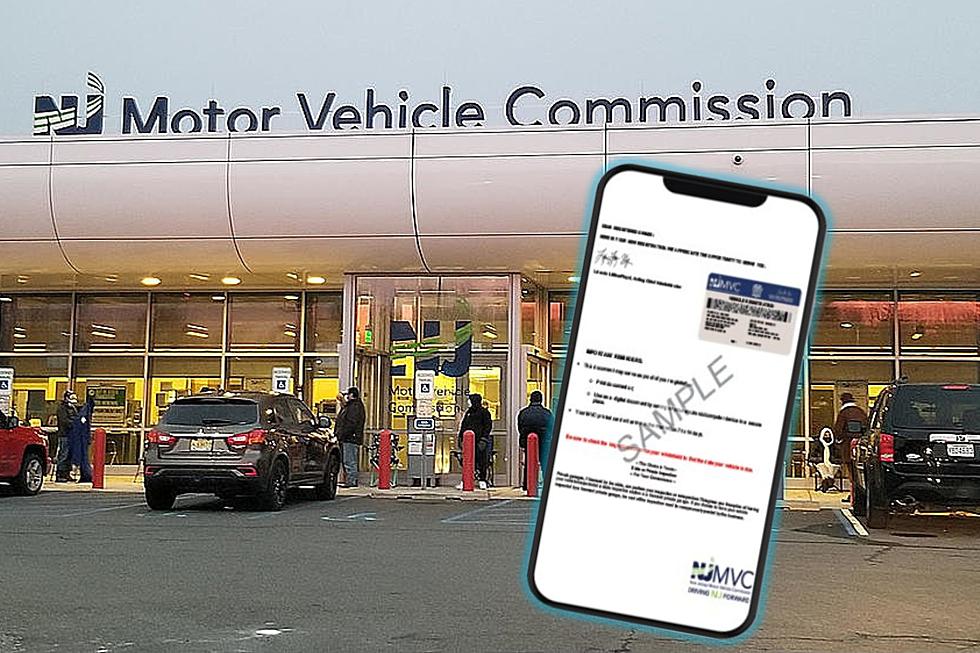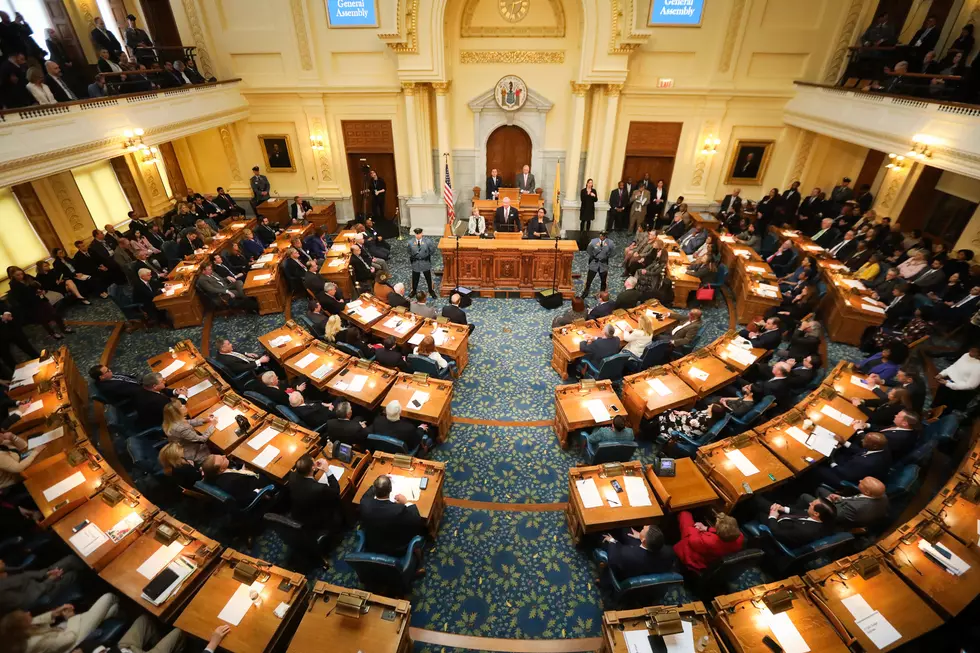
How Lack of Arbitration Cap is Reshaping Police Contract Talks
It has now been 19 months since the expiration of a 2% cap on the awards that arbitrators can make when settling deadlocked police and fire contracts, and county and local government officials say that its disappearance is having an impact.
Salary awards averaged a bit over 2% in the three arbitration decisions announced in June in Bedminster, Hopewell Township and West Windsor, which slightly exceeds the 2% cap that remains on the books for property tax levy increases even as the arbitration cap vanished.
But more significant is the far different backdrop for salary talks, said John Donnadio, executive director of the New Jersey Association of Counties.
“We have public sector unions coming in with very aggressive salary asks for increases, looking for concessions on health benefits,” Donnadio said. “It just changed the whole tone and the scope of negotiations. It really unleveled the playing field in favor of labor at the expense of management and ultimately of taxpayers.”
The NJAC hosted a workshop at the Statehouse on interest arbitration, and the audience of municipal and county finance officials filled a large committee room to capacity. Donnadio said a second seminar will probably be scheduled in the fall to accommodate the interest.
“They’re worried, yeah, a hundred percent they’re worried,” Donnadio said. “They’re a hundred percent worried because something has to give. If we continue to see increases in salaries, we continue to see increases in health benefit costs, we’re going to have to cut services. We’re going to have to raise taxes. One way or the other, something has to give.”
Sen. Declan O’Scanlon, R-Monmouth, who served on the now-dissolved Police and Fire Public Interest Arbitration Impact Task Force that studied the impacts of the 2% cap, said he’s hopeful that the contract awards don’t grow much beyond current levels – “still unsustainable, but not dramatically above 2%.”
“But it is still unsustainable,” O’Scanlon said. “Any time you have arbitrators able to make awards, and they are going to do awards, above a 2% cap, the 2% tax cap, you can’t have that happen.”
“We let the cap expire. It was one of the most outrageously irresponsible – it’s not an action – lack of action of the state Legislature, maybe in its history. And that’s saying a lot in New Jersey,” he said.
There was a lot of focus at the workshop on the next arbitration award that will be issued – for the Boonton Police Department, due Aug. 19.
John Rheinhardt, the chief financial officer in Wharton and president of the Government Finance Officers Association of New Jersey, testified extensively in the arbitration hearings. Officials representing Boonton said the contract sought by the union – which town negotiators tentatively agreed to, then turned down after its experts studied it – called for 42% average pay increases over three years.
“We did a levy cap projection, what would happen in the future. We could survive year one, maybe year two with our cap bank. But in year three it required a referendum to afford them. It wasn’t sustainable,” Rheinhardt said.
Boonton says its final offer, which the union rejected, provided a nearly 25% raise over three years. The union said it rejected that because it had a signed agreement and that it would have reduced pay by thousands of dollars for the department’s six newest officers.
Neil Henry, the Boonton business administrator, urged other municipal officials to stand their ground in contract talks and not be rankled by what seems like an uphill battle in arbitration.
“The three and the four cases that are out there right now are really going to set the stage on future negotiations,” Henry said. “If the awards are on the high side, I feel that’s going to give the PBA an advantage.”
More From WPG Talk Radio 95.5 FM










